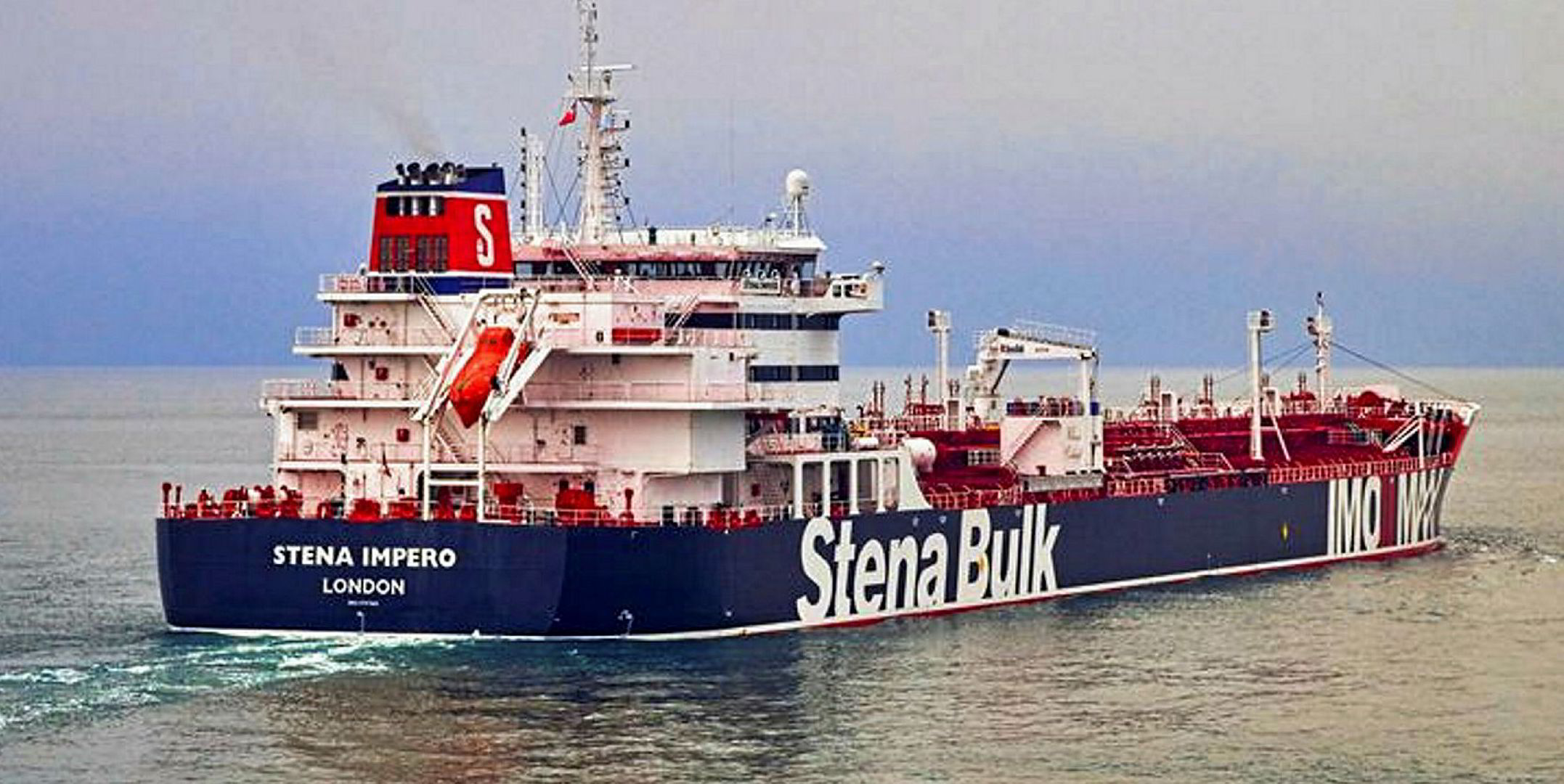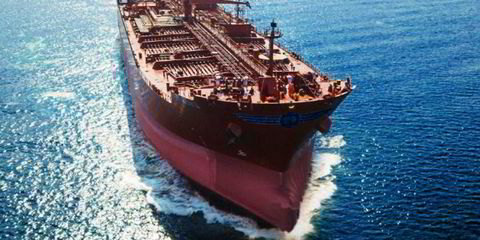The risk of Global Navigation Satellite Systems (GNSS) outages is known to cause disruption to shipping. Much less well known is its ability to provide dangerously misleading data, potentially harming maritime operations and global trade.
These ships did not discover their coordinates had been falsified until after they returned to port, illustrating how the risk to GNSS signal integrity is less visible and so even more dangerous than the risk of signal outages. They were unwittingly transmitting hazardously misleading information that could have led to severe disruption at best and life-endangering accidents at worst.
This is an extreme example, but by no means an isolated event. We must improve the integrity of position, navigation and timing (PNT) data, which means its veracity, trustworthiness and ability to warn when it is unreliable.
Malevolent nation states
All measurements are subject to statistical uncertainties or errors. PNT is no exception. Being aware of these uncertainties, how they change and how they affect the usability of the data in different scenarios is key to safe, effective decision-making.
In some cases — for example, far from shore in deep waters with no charted dangers — large uncertainties are acceptable. However, in dense shipping lanes near obstructions, such as wind farms, knowledge that the uncertainty is constrained below a certain threshold becomes essential to safe navigation.
Integrity provides a warning that the uncertainty has exceeded the threshold and become too large.
The proliferation of cheap, software-defined GNSS signal simulators has dramatically lowered the technological barriers to “spoofing” attacks. Studies have shown an increase in spoofing events linked to malevolent nation states. One study showed 9,883 GNSS spoofing instances affecting 1,311 vessels across just 10 locations over nine months.
Some ships may also nefariously “clone” the AIS systems of licensed vessels to conceal illicit activities, such as toxic waste dumping, illegal fishing or people trafficking.
On the more innocent side, erroneous position reports can be caused by systems that accidentally interfere with GNSS receivers, and natural hazards such as solar storms pose a threat to data integrity as well as availability.
The threat arises because GNSS is not designed with inherent real-time integrity, which refers to users’ ability to trust the navigational data and receive timely warnings if it is unreliable. This particularly affects the open services of GPS and Galileo, on which seafarers depend.

Space-based (SBAS) or ground-based augmentation systems provide information about the accuracy, integrity, continuity and availability of GNSS services. The European Union’s EGNOS programme is an example of an SBAS.
Britain’s exit from the EU, however, means that although users will still be able to receive EGNOS signals across the UK, they will have no access to the assurances provided by the future maritime EGNOS Safety of Life Service, in effect withdrawing assured system-level integrity for EGNOS, GPS and Galileo.
Having no access to assurances of integrity means a GPS or Galileo position error could cause congestion, and collisions. Navigational decisions based on misleading PNT data could cause boxships to miss their berthing window, creating backlogs and bottlenecks.
As 95% of exports are transported by sea, any incorrect PNT data could disrupt trade flows. With seaborne trade set to double by 2030, precision of position and timing data will become even more pivotal to the speed and efficiency of trade flows, helping avoid widespread slowdown and economic disruption.
There is a strong international policy focus on the resilience of GNSS against outages.
But we must see a parallel drive to develop a complementary, integrated mix of technologies, with GNSS at its core, to provide resilient, assured PNT through a holistic “system of systems” to ensure the consistent trustworthiness and veracity of vital navigational data across all shipping lanes and keep it the backbone of global trade.
George Shaw is principal systems engineer of the General Lighthouse Authorities, the agencies responsible for aids to navigation in the UK
Do you have an opinion to share? Email: news@tradewindsnews.com







